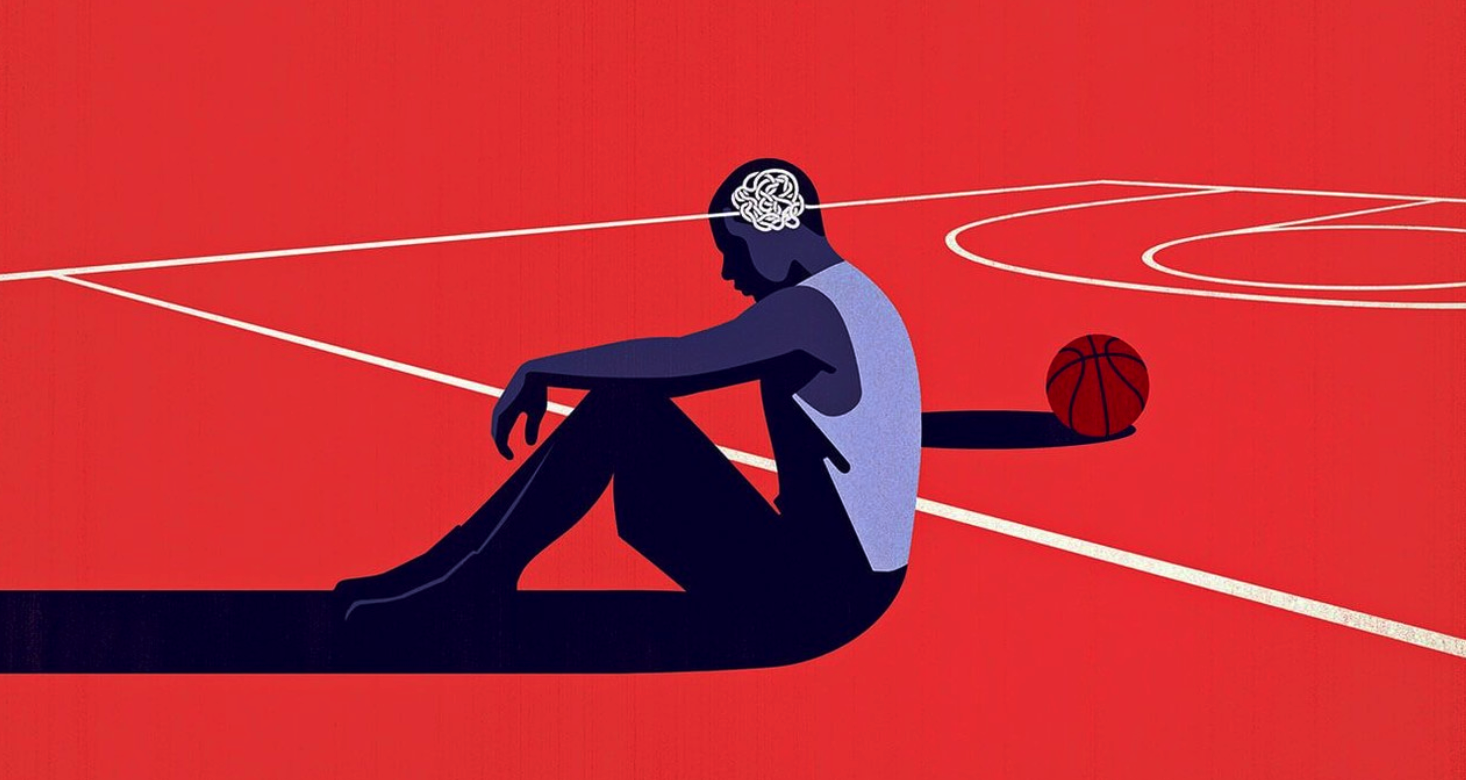Mental illness is a hidden epidemic - That simple phrase speaks volumes.
Since there may be no tangible proof of setback to accompany a mental illness, it is often overlooked, dismissed, and hidden. This requires a demand for mental health resources for athletes.
"Mental illness is probably one of the greatest silent epidemics in our country. It's a public health issue and now we're seeing it more and more in our student-athletes," said Timothy Neal, assistant athletic director for sports medicine at Syracuse University. "
In sports culture, there can be a tendency to "play through the pain," to refuse to show weakness. Student-athletes know this all too well. But if an athlete suffers from a mental health crisis, the consequences can be tragic. Athletics programs can help prevent these tragedies by offering their athletes access to the mental health practices and services they need to keep their heads in the game.
The NCAA has identified mental health as a top priority for student-athlete health and wellness. At last summer's Big 12 Student-Athlete Advisory Committee (SAAC) meeting, the league's leaders emphasized the importance of member institutions focusing on and supporting the mental health of their student-athletes.
5 Ways to Help Support Athletes Mental Health:
(1) Create the Culture
Just because athletes are generally a healthy population does not mean that they are immune to mental health issues. In fact, because of this perception of health and resilience, athletes who have mental health concerns may be even more reluctant than a non-athlete student to seek help. Encourage athletes, coaches, and faculty athletics representatives to help create a culture that promotes care seeking and mental well-being and resilience.
In fact, Kevin Love of the Cleveland Cavilers published an article describing his battle with mental health. Here's his piece in The Players Tribune,"Everyone Is Going Through Something."
(2) Develop a Plan
Understand the mental health referral protocol within your program and familiarize yourself with experienced local providers. Develop a strategy of how to help athletes seek services. The Center for Mental Health Services, Substance Abuse and Mental Health Services Administration (SAMHSA) has outlined core elements for responding to mental health crises. Here are the top 5:
1. Provide timely access to supports and services
2. Provide services in the least restrictive manner
3. Ensure peer support is available
4. Spend adequate time with the individual in crisis
5. Consider the context of the individual’s overall plan
(3) Get Athletes & Coaches Involved
Signs that your teammate may be at risk are changes in sleep patterns, not eating well or at all, mood swings, sleeping more than normal, unexplainable anger, unexplainable under-performance in sport, lack of interest in things once enjoyed, social isolation, rapid weight gain or loss, feelings of apathy or hopelessness, and decline in academic performance. When you or a friend go through this it may feel like there is no hope or no light at the end of the tunnel, but there is.
Coaches are an important part of the student-athlete's community. By staying informed, and knowing the signs of mental illness, coaches can play a supportive role in ensuring their players stay safe and healthy.
(4) Listen, listen, listen...
Keep an open line of communication. Continue to meet with the athletes, ensure privacy, and listen to their story without judgment. But, understand your limits.
Continue to support them by asking about their progress. This is a meaningful measure to reduce the likelihood of future emergencies.
(5) Play a Role in Creating Awareness
Over the past year there have been a number of efforts brought to light to bring awareness to mental health in athletics. I mentioned Kevin Love's article in the Player's Tribune, but there are a number of programs playing a role.
- Duke hosted a Mental Health Awareness Game on Jan. 27. Coach Joanne P. McCallie said, “It has been a complete team effort of trying to bring awareness to something that is obviously affected so many lives, families and programs athletically. We want to try to talk about mental wealth as something special to take care of your mind, body and spirit.
- In spring 2018, the Oklahoma University softball and baseball teams designated some of their contests as Mental Health Games with the student-athletes wearing green and encouraging their fans to do the same. This aspect expanded in the 2018-19 academic year, with both of those teams holding games again this spring and soccer, volleyball and track and field hosting ones as well.
What do you think?





.png?width=110&name=Listing%20Image-basketball%20ladder%20drill%20%20(350%20x%20350%20px).png)













